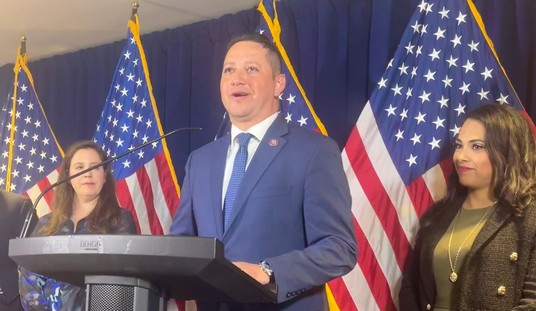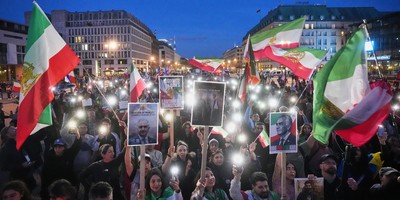In one of those typical San Francisco decisions that makes San Francisco a poster child for the liberal left, the city's Board of Supervisors is moving to block a paint store from renting a vacant building once used by a video rental shop.
That paint store is part of a chain, and chain stores are not liked by a vocal segment of the local population. Chain stores are already banned from some parts of San Francisco, and at least one member of the Board of Supervisors plans to introduce bans on chain stores in other areas.
Chain stores have been disliked for decades, at both local and national levels. Taking advantage of economies of scale that lower their costs of doing business, chain stores are able to charge lower prices than smaller independent stores, and therefore attract customers away from their higher-cost competitors.
The economics of this is certainly not too "complex" to understand. However, politics is not economics, so politicians tend to respond to people's emotional reactions-- and if economic realities stand in the way, then so much the worse for economics.
All sorts of laws and court decisions, going back as far as the 1930s, have tried to prevent the economies of scale that lower costs from being reflected in lower prices that drive high-cost competitors out of business.
Economists may say that benefits always have costs, that there is no free lunch-- but how many votes do economists have?
There was a time when courts would have stopped politicians from interfering with people's property rights by banning chain stores. After all, if whoever owns the vacant video rental store in San Francisco wants to rent it to the paint company, and the paint company is willing to pay the rent, why should politicians be involved in the first place?
Recommended
However, once the notion of "a living Constitution" became fashionable, the Constitution's protection of property rights has been "interpreted" virtually out of existence by judges.
The biggest losers are not people who own property but people who have to pay higher prices because politicians make it harder for businesses that charge lower prices to come into the community.
Despite the political myth that government is protecting us from big businesses charging monopoly prices, the cold fact is that far more government actions have been taken against businesses that charge low prices than against businesses that charge high prices.
The biggest antitrust cases of a century ago were against the Great Northern Railroad and the Standard Oil Company, both of which charged lower prices than their competitors.
The Robinson-Patman Act of 1936 was called "the anti-Sears, Roebuck law" because it was directed again this and other chains that charged lower prices than smaller retailers could match.
For a long time, there were so-called Fair Trade Laws designed to keep low-cost businesses in general from charging low prices that drive high-cost businesses out of business.
Fortunately, enough sanity eventually prevailed that Fair Trade Laws were repealed. But the emotional needs that such laws met were still there, and today they find an outlet in hostility to Wal-Mart and other "big box" stores-- especially in San Francisco and other bastions of the liberal left.
People have every right to indulge their emotions at their own expense. Unfortunately, through politics, those emotions are expressed in laws and administrative decisions by people who pay no price at all for indulging either their own emotions or the emotions of the people who vote for them.
That is why the Constitution tried to erect barriers to government power, of which property rights were one. But, once judges started saying that "the public interest" over-rides property rights, that left politicians free to call whatever they wanted to do "the public interest."
Neither economics nor property rights are too "complex" to understand. But both get in the way of willful people who seek to deny other people the right to make their own decisions.
Anyone who doesn't like chain stores is free not to shop there. But that is wholly different from saying that they have a right to stop other people from exercising their own freedom of choice. That's not too "complex" to understand.
























Join the conversation as a VIP Member